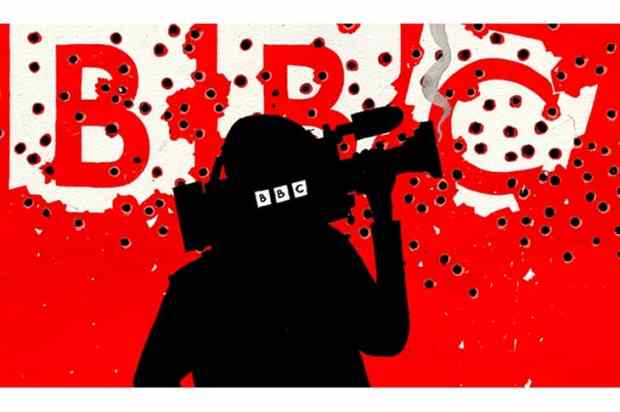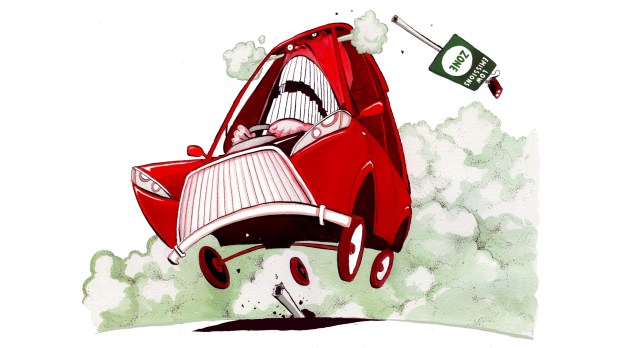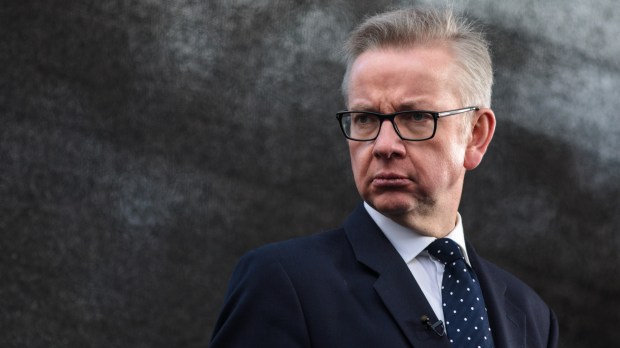I naively hoped that last year’s statement by the Equalities Minister explaining why unconscious bias training was being phased out across the civil service might slow its spread. After all, the minister’s scepticism wasn’t based on political disagreement but on research commissioned from the Behavioural Insights Team that concluded: ‘There is currently no evidence that this training changes behaviour in the long term or improves… equality in terms of representation of women, ethnic minorities or other minority groups.’
Reading between the lines, the BIT evidently thinks that UBT is little more than snake oil — and there’s a vast amount of literature in the social sciences to back that up. The empirical evidence suggesting there’s a causal link between people’s unconscious biases and the under–representation of minorities in Russell Group universities or in professions such as law, accountancy and banking is threadbare. And even if you accept the premise of UBT, there’s little evidence to suggest that bringing these biases to the surface will have a lasting impact on people’s behaviour, making them less discriminatory once they’ve taken the course.
Yet it continues to spread like Japanese knotweed. Every self-respecting institution and company has introduced UBT and many of them have made it compulsory. This includes Oxford colleges like Christ Church, Balliol and Somerville, charities like Parkinson’s UK and the Red Cross, and firms like Sodexo, Accenture and Coca-Cola. Belief in this gobbledygook now borders on the sacred, with anyone who questions it facing a disciplinary process or worse. A couple of weeks ago, Bill Michael was forced to resign as chairman of KPMG after he described the concept of unconscious bias as ‘complete and utter crap’.
So what accounts for its popularity in spite of all the evidence suggesting it’s the 21st-century equivalent of magic beans? I think it’s because it does the opposite of what it says on the tin. Far from encouraging successful white people to ‘check’ their ‘privilege’, it instructs them on how to advertise their superior status using a secret code that only other privileged white folks understand.
So when they’re told to denounce whiteness, they’re not asserting their inferiority to black and indigenous people of colour, but their superiority to lower-class white people — such as the troglodytes who voted for Brexit — who would never engage in racial self-flagellation. When they’re asked to agree that it’s not enough to be a non-racist, you have to be an anti–racist, it’s got nothing to do with eliminating prejudice. Rather, it’s about distinguishing themselves from their less woke peers.
Seen in this light, there’s something a bit sad about rubes like Bill Michael who object to the training on the grounds that it’s pointless. You can imagine the other senior executives sitting around the table thinking: ‘We all know that, you big oaf. But pretending it’s vitally important is a way of burnishing your anti-racist credentials and that, in turn, conveys to your colleagues that you belong in this elite club. If you haven’t grasped that by now then maybe you should be working at Grant Thornton.’ The ex-chairman of KPMG is like a character in an Evelyn Waugh novel who objects to some upper-class affectation on the grounds that it’s impractical. But high-status indicators aren’t supposed to have any concrete benefit. Their pointlessness is their point.
So the best way to understand UBT is as a crash course in the woke version of U and non-U. That was the terminology used by a British linguistics professor in the 1950s to differentiate upper-class from non-upper-class dialect. In 1954, for instance, the word ‘lavatory’ was U and ‘toilet’ was non-U, and in 2021 describing yourself as an ‘anti-racist’ is U and a ‘non–racist’ is non-U. By the same token, the phrase ‘people of colour’ is U and ‘coloured people’ is non-U, ‘African-Caribbean’ is U and ‘Afro-Caribbean’ is non-U, and so on. The more minuscule the difference, the better it serves to distinguish the posh from the hoi polloi. If this were an article in Tatler, I’d now produce a long list of woke U and non-U words, but because this is The Spectator three examples will have to do.
Paradoxically, this means that the millions of pounds a year our elites spend on unconscious bias training isn’t a complete waste of money. It does nothing to tackle inequality, but it does induct people into the ruling class. For our would-be masters, it’s the equivalent of elocution lessons.
Got something to add? Join the discussion and comment below.
Get 10 issues for just $10
Subscribe to The Spectator Australia today for the next 10 magazine issues, plus full online access, for just $10.
You might disagree with half of it, but you’ll enjoy reading all of it. Try your first month for free, then just $2 a week for the remainder of your first year.















Comments
Don't miss out
Join the conversation with other Spectator Australia readers. Subscribe to leave a comment.
SUBSCRIBEAlready a subscriber? Log in